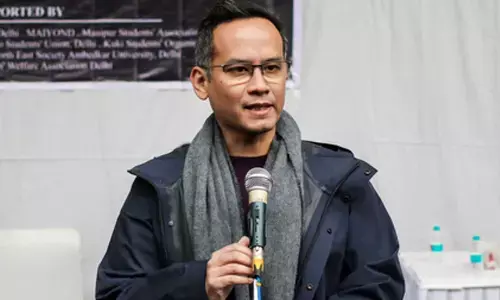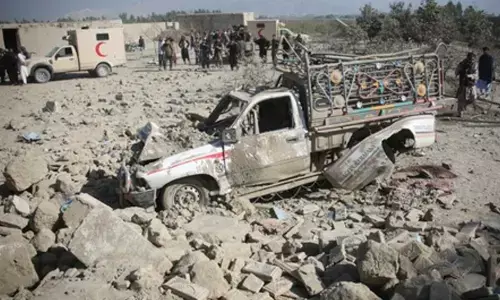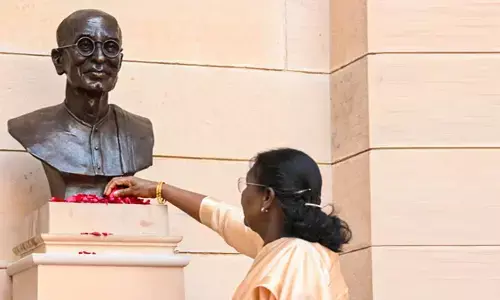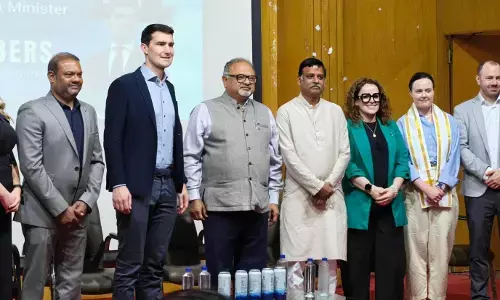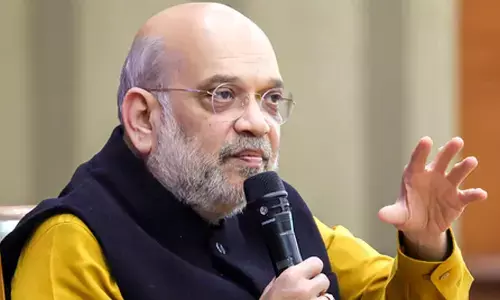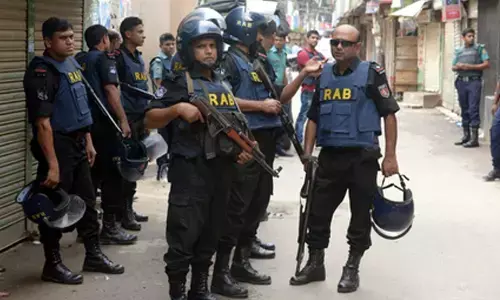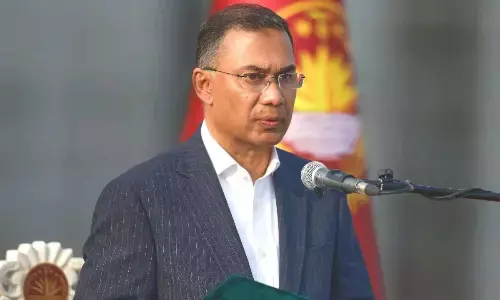Let people, not parties, decide mode of elections
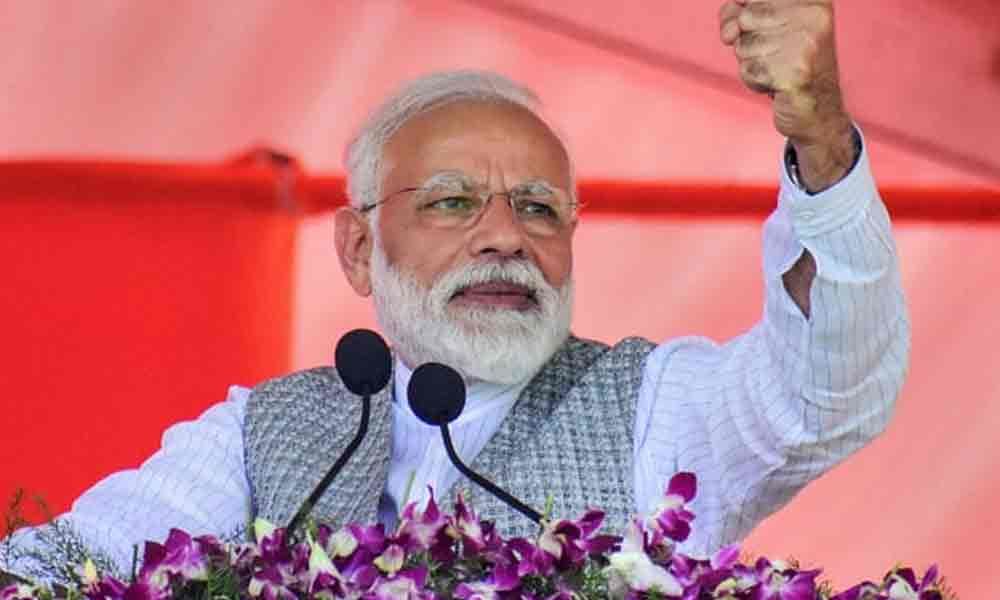 Let people, not parties, decide mode of elections
Let people, not parties, decide mode of electionsDoes the world's largest democracy really need so many elections? India consists of 29 States, and seven Union Territories, of which two have Assemblies. Therefore, theoretically, there could be 31 elections in a span of five years, which essentially means the country will be doing little else except electioneering. This is what the Prime Minister Narendra Modi and the BJP say. But the political spectrum is divided over this issue.
In fact, the concept of concurrent elections was a norm between 1951 and 1967. But following reorganisation of States, the percentage of States going in for simultaneous polls came down to 76 percent by 1957 and by 1970 the link completely broke down.
The RSS-BJP combine revived the debate in the late 1990s, when the BJP was gaining prominence in elections and Atal Bihari Vajpayee formed three - including one of 13 days - governments. The BJP's veteran leader LK Advani was among the vocal proponents of 'one nation one election' concept.
The law commission which examined the proposal after the BJP government came to power in 2014 once again dusted this concept. Citing the UK Law, NITI Aayog also gave its support. But then a consensus on this issue could not be worked out. The Opposition parties questioned as to why India should suddenly adopt a precedent from the British laws in one particular area when there were many other contentious areas which need to be addressed first.
The parties that are opposed to the idea feel that the saving on account of repeated polls would not be more than Rs 5,000 crore in five-year period. Secondly, they feel that the present system has an advantage as they help in better decision making both at the Centre and in States.
The Centre and the States had revised their policies midway on many occasions only because they were criticised during every election. The GST is a major example. Initially it had major flaws but following the repeated criticism during State elections, several corrections were made.
Though we are the biggest democracy, as emerging nation, we are yet to achieve transparent and efficient governance. This is something which all parties had promised during the just concluded elections. The slogans are yet to be converted into reality.
The general experience in India is that once elected, political parties ignore their promises till their last year in office. Politicians or bureaucrats often find ways to circumvent the law to suit the whims and fancies of political bosses. Once in power, the ruling parties generally get drunk on power. If the elections are staggered as they are now, there is a possibility for the people to reject such governments and since ours is a multi-party system, it would also help other parties to make necessary corrections in their policies and programmes.
Another major issue that needs to be addressed is what if there is fractured mandate in a State or at Centre? If such a government loses majority before the end of five years, will the government continue to exist without numerical mandate for the remaining period? What if a government falls? Will there be President's rule for the remaining part of five years?
What is more important is to first go in for major electoral reforms and continue to keep the debate on simultaneous polls open. This issue should not be decided in couple of meetings. There should be participation of all stakeholders and here stakeholders are not political parties alone.
The real stake holders are the people and the issue needs to be discussed and debated among various sections of the society as people come to power because of the choice of the voters. 'One nation one vote' is not an administrative issue or a policy matter like GST. The most important stakeholder is the voter and unless the country discusses in depth, the government should not move ahead to impose the decision.


